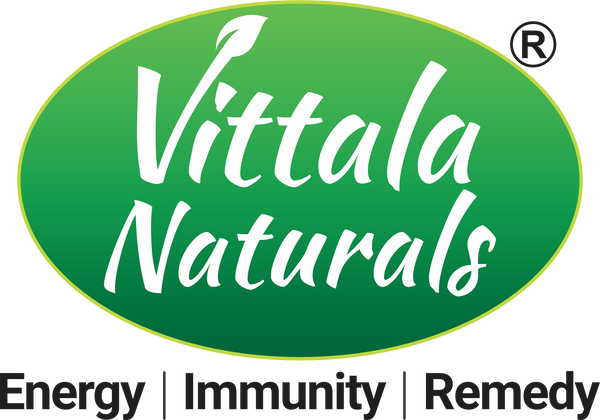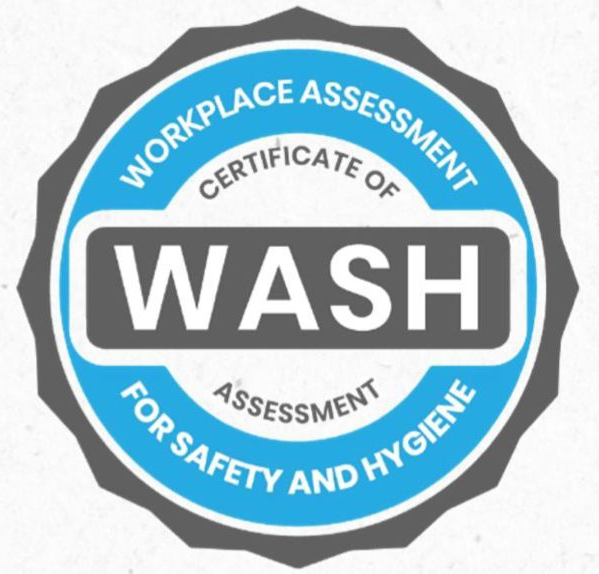Supriya Yadav, Microbiologist at Vital Neutraceuticals Pvt. Ltd.
Zinc is a nutrient that plays many vital roles in your body. As your body doesn’t naturally produce zinc, you must obtain it through food or supplements. There are surprising health benefits, you need to know about zinc, including Gene expression, Enzymatic reactions, Immune function, Protein synthesis, DNA synthesis, Wound healing, Growth and development. Zinc is required for numerous processes in your body. It is also naturally found in a wide variety of both plant and animal foods.
Key Highlights
- A review of seven studies demonstrated that 80–92 mg per day of zinc may reduce the length of the common cold by up to 33%.
- In fact, one study determined that 45 mg per day of zinc may decrease infection rates in older adults by nearly 66%.
- A study conducted among 103 children (1 month to 5 years) with pneumonia showed a statically significant clinical improvement (duration of illness, respiratory rate and oxygen saturation) in the zinc supplemented group compared to placebo.
Zinc is the second-most-abundant trace mineral in your body after iron which is present in every cell and is necessary for the activity of over 300 enzymes that aid in metabolism, digestion, nerve function and many other processes. Symptoms of mild zinc deficiency include diarrhoea, decreased immunity, thinning hair, decreased appetite, mood disturbances, dry skin, fertility issues and impaired wound healing. Foods with highest concentration of zinc include oysters, crab, mussels, lobster, clams, meat, chickpeas, lentils, black beans, kidney beans, pumpkin seeds, cashews, milk, yogurt, cheese and eggs.
Here are Surprising Health Benefits You Need to Know About Zinc :

It helps to boost your immune system.
Zinc helps keep your immune system strong as it is necessary for immune cell function and cell signaling, a deficiency can lead to a weakened immune response. A review of seven studies demonstrated that 80–92 mg per day of zinc may reduce the length of the common cold by up to 33%. Zinc supplements stimulate particular immune cells and reduce oxidative stress.

It may reduce the risk of certain age-related diseases.
Zinc may significantly reduce your risk of age-related diseases, such as pneumonia, infection and age-related macular degeneration. In fact, one study determined that 45 mg per day of zinc may decrease infection rates in older adults by nearly 66%. Zinc may relieve oxidative stress and improve immune response by boosting the activity of T-cells and natural killer cells, which help protect your body from infection.

It has anti-inflammation properties that help in chronic illnesses.
Oxidative stress leads to chronic inflammation, a contributing factor in a wide array of chronic illnesses, such as heart disease, cancer, and mental decline. Zinc decreases oxidative stress and reduces levels of certain inflammatory proteins in your body. In a study in 40 older adults, those who took 45 mg of zinc per day experienced greater reductions in inflammatory markers than a placebo group.

It has anti-viral properties & can influence immunity against viral infections
Zinc deficiency has been associated with increased susceptibility to infectious diseases, including viral infections. Studies have shown that the zinc status of an individual is a critical factor that can influence immunity against viral infections, with zinc-deficient populations being at increased risk of acquiring infections, such as HIV or HCV. A study conducted among 103 children (1 month to 5 years) with pneumonia showed a statically significant clinical improvement (duration of illness, respiratory rate, and oxygen saturation) in the zinc supplemented group compared to placebo.

It fastens the wound healing process.
Zinc is commonly used in hospitals as a treatment for burns, certain ulcers, and other skin injuries. In fact, your skin holds a relatively high amount of about 5% of your body’s zinc content. As this mineral plays a critical role in collagen synthesis, immune function, and inflammatory response, it is necessary for proper healing. Zinc deficiency can slow wound healing, supplementing with zinc can speed recovery in people with wounds.
Conclusion
Zinc is needed for a healthy proper healing of wounds, helpful in many chronic illnesses and also helps to enhance the immunity.it must be surprising for you to know that almost all the vitamins in your body require zinc for their functioning. Zinc is also needed for DNA synthesis, immune function, metabolism and growth. Most people meet the recommended doses through diet, but older adults and people with diseases that inhibit zinc absorption may need to supplement. Ideally 10-12 mg /day of Zinc should be consumed as high-dose zinc supplements can lead to dangerous side effects, it’s important to stick to recommendations and only take supplements when necessary.



